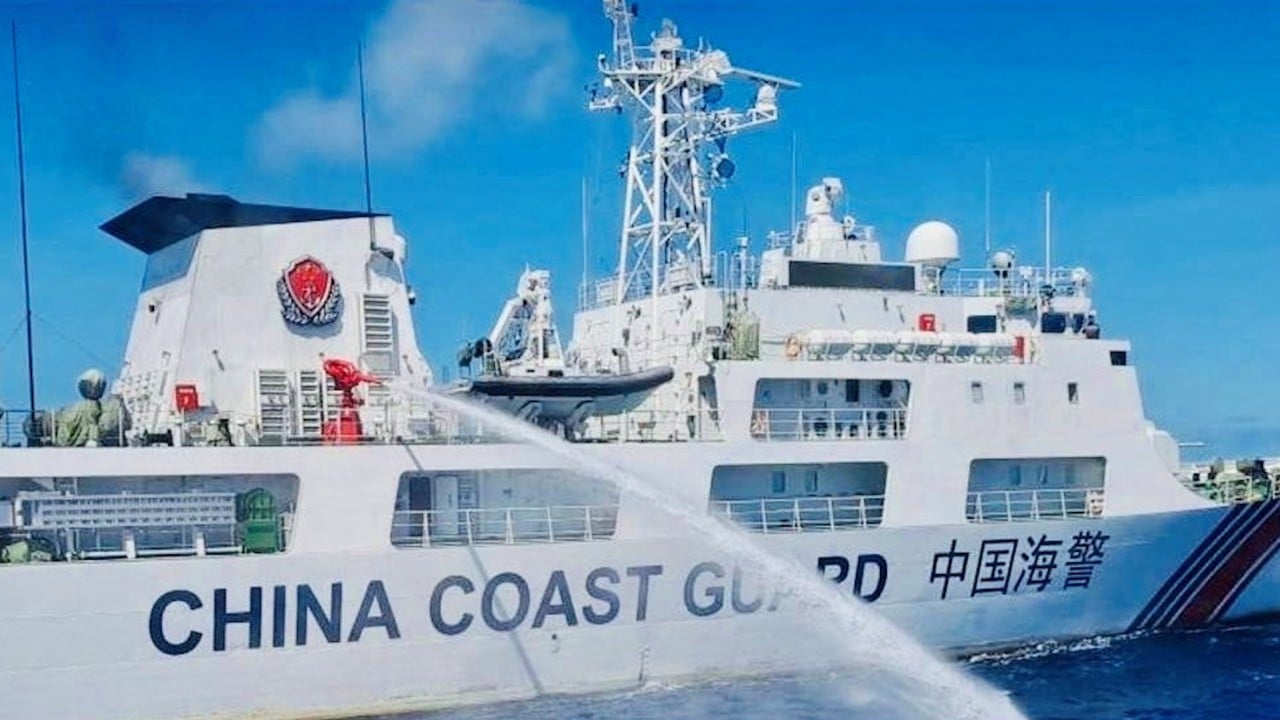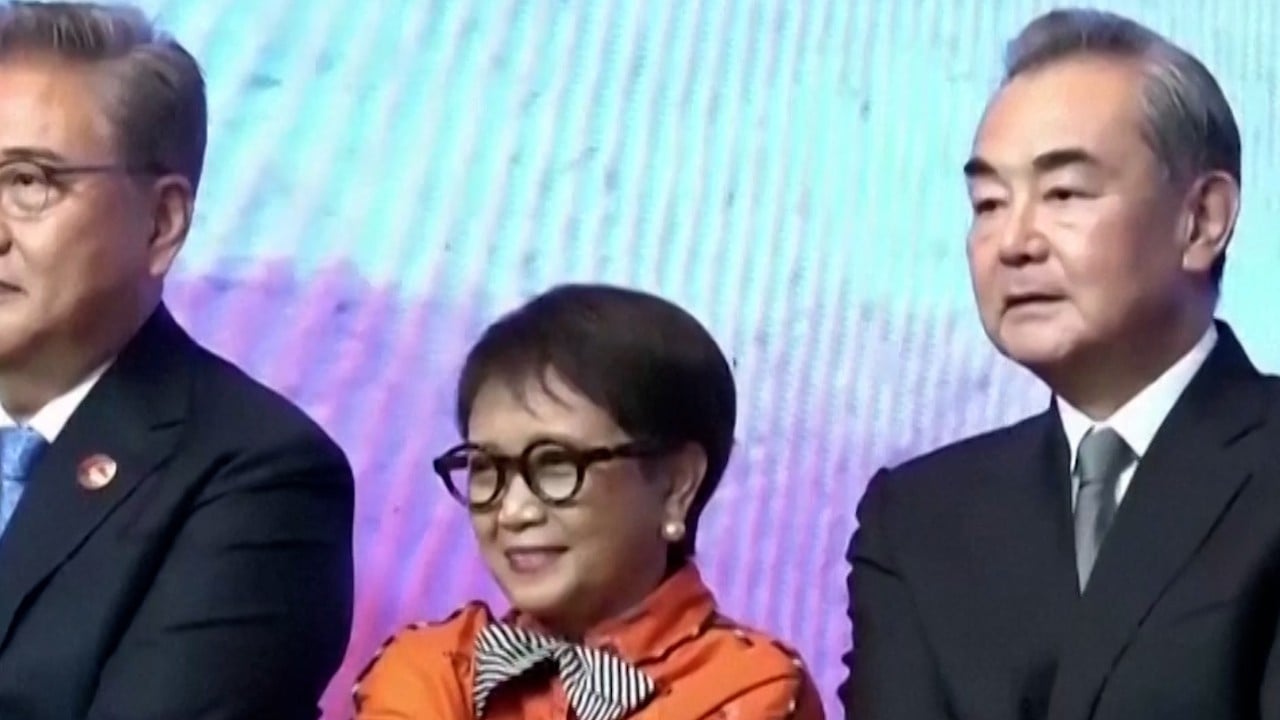
Beijing’s top diplomat Wang Yi to visit Asean members amid South China Sea tensions
- Foreign Minister Wang Yi will travel to Singapore, Malaysia and Cambodia on a trip aimed at boosting ‘strategic communication’
- It comes after a Chinese coastguard vessel fired water cannon at a Philippine supply ship in a disputed reef over the weekend
Wang begins the four-day Southeast Asia trip on Thursday, the foreign ministry said. It will be his first official trip as foreign minister since he was reappointed to the job on July 25.
The foreign ministry said Wang’s trip was aimed at increasing “strategic communication” with Singapore, Malaysia and Cambodia to promote regional stability.
“China is also willing to work with the three countries … to promote economic recovery, maintain peace and tranquillity, and deepen exchanges and mutual learning, as well as making greater contributions to peace, stability, development and prosperity for the region and the world,” the ministry said in a statement.
The weekend incident has added to long-standing tensions between Beijing and Manila over the South China Sea that have worsened amid growing US-China rivalry in the region.
Beijing said it had taken necessary and professional action to safeguard its territorial integrity after Manila accused it of being “excessive and offensive”. China also lashed out at the US for “pointing fingers” after Washington issued a statement in support of Manila’s claim in the area.
Beijing claims most of the South China Sea, but the Philippines, Malaysia, Vietnam, Brunei and Taipei have competing territorial claims.
He also expected China to try to ensure economic integration in the region was not undermined by the United States.
“The situation in the South China Sea actually affects the future regional security and economic development of the entire Asia-Pacific region,” Zhu said.
“It’s in the common interests of Asean whether the overall integration and regional cooperation can be effectively maintained, and the security and military confrontation between China and the United States in the South China Sea can be prevented from escalating.”
Dylan Loh, an assistant professor who specialises in China-Asean relations at the Nanyang Technological University in Singapore, said it was not surprising that Southeast Asia was Wang’s first trip after being reappointed given its importance in President Xi Jinping’s foreign policy.
He expected the South China Sea would be on the agenda.
“I would not overestimate the level of influence that Singapore and Malaysia have over China – certainly not in asking China for restraint – but I think there will certainly be an open exchange of views,” he said.
Why is a rusty old Philippine warship involved in the South China Sea dispute?
China will host its third Belt and Road Forum later this year after a four-year hiatus. Dozens of world leaders, especially those from the developing world, are expected to attend, as Beijing continues its diplomatic offensive seeking to challenge the US-led global order.
Asean has been China’s biggest trading partner since 2020, while Singapore, Malaysia and Cambodia were among the top targets for Chinese belt and road engagement in the past two years, according to data from Fudan University’s Green Finance and Development Centre.

 - Kawala Xie.jpg?itok=NogZcyZ-&v=1661304068)

